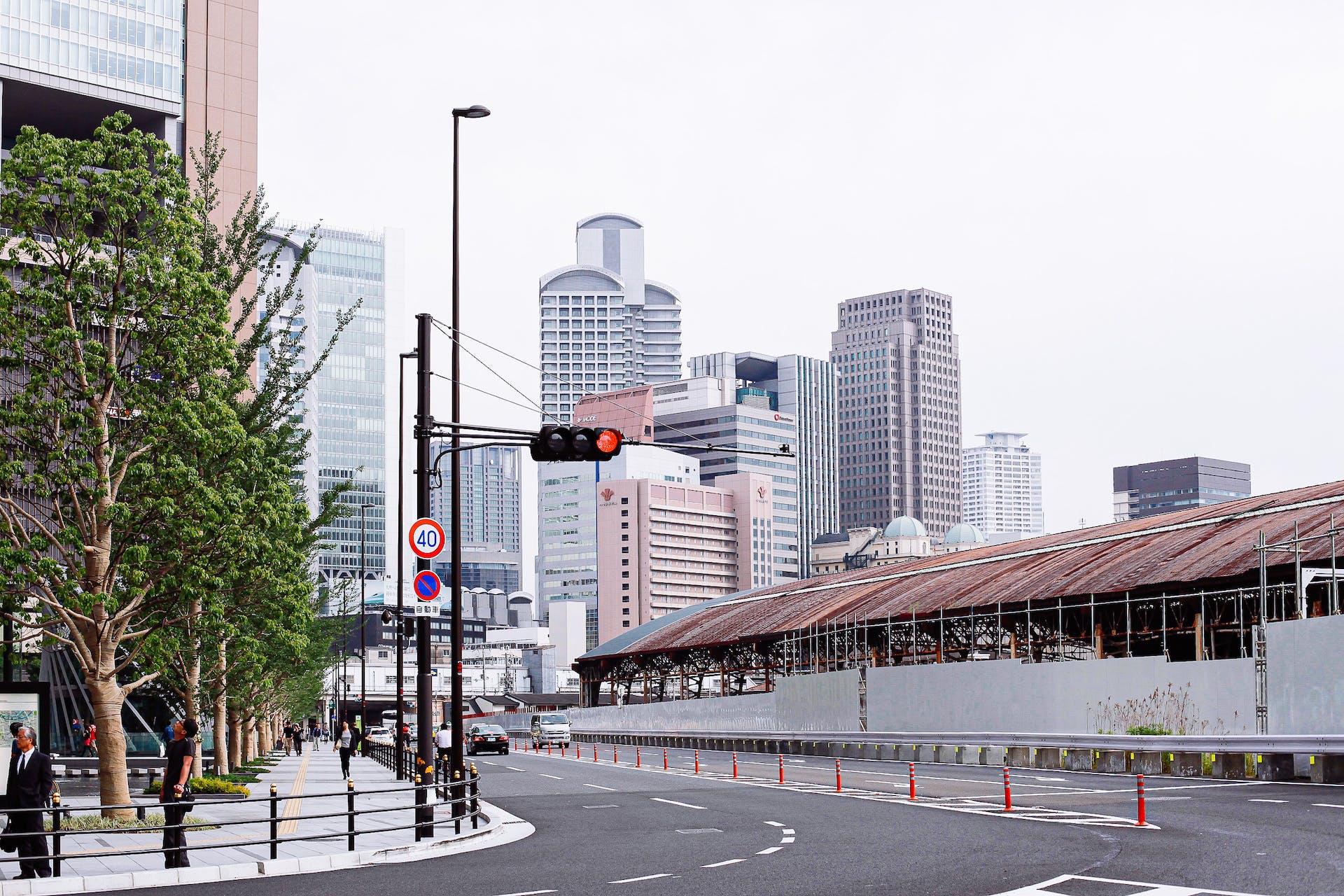Written by Nicolas Tang

In international arbitration cases held in Singapore, the process of handling evidence differs from traditional court proceedings. Unlike in courts, there are no predefined rules of evidence that automatically apply in international arbitration. Instead, the treatment of evidence becomes the responsibility of the arbitral tribunal when there is no prior agreement between the parties on the rules.
This practice was highlighted in the Singapore High Court’s ruling in the case of BQP v BQQ [2018] SGHC 55, where it was confirmed that parties’ consent to grant the tribunal authority to determine evidence’s relevance, materiality, and admissibility allows for a departure from traditional common law evidentiary rules. Moreover, institutional rules that empower the tribunal to decide on evidence admissibility fall within the tribunal’s jurisdiction.
This approach has distinctive features and implications. First, the arbitral tribunal has the freedom to consider and act upon evidence that may not be admissible in court proceedings, leading to a more flexible and versatile arbitration process. Secondly, party autonomy in matters of procedure grants the parties involved the freedom to agree on rules and procedures that best suit their specific needs, unbound by traditional domestic concepts of evidence. This enables tailoring the procedure to the unique characteristics of the case at hand, ensuring it aligns with the parties’ requirements and the particular nature of the dispute.
Various arbitration rules, such as the SIAC Rules and ICC Rules, and international legal frameworks like the UNCITRAL Model Law, also recognize the authority of the arbitral tribunal in determining evidence admissibility and conducting the arbitration in a manner that ensures fair, expeditious, economical, and final resolution of the dispute.
According to Article 23(1) of the Model Law, parties involved in arbitration have the option to submit documents they consider relevant to their case, which can be included with their statements of claim and defense. When parties rely on specific documents to support their case, they are required to exhibit, or attach, those documents as evidence. This requirement can be interpreted in two ways: broadly, where documents are submitted to support the overall case, or narrowly, where documents are provided to support specific elements of the parties’ arguments. For instance, if a statement of case refers to a letter or report, it should be attached, but if it refers to a meeting or telephone conversation, parties are not generally obliged to produce all related documents.
Due to the possibility of early settlement in arbitration proceedings, it might be advisable not to front-load the disclosure obligation, meaning parties need not provide all documents at the beginning of the process. Moreover, the defense or reply might show that certain aspects of the case are not in dispute, making the submission of supporting documents unnecessary.
In court proceedings, there is typically a broad obligation of disclosure, which requires a party to provide relevant documents, even adverse ones, regardless of whether the opposing party explicitly asks for them. However, in arbitration, this automatic obligation does not exist. Instead, a party in arbitration can be required to produce adverse documents only if certain conditions are met.
To compel a party in arbitration to produce adverse documents, there are two options. First, the parties can agree to such an obligation voluntarily. Second, the arbitral tribunal or the relevant curial court can issue an order demanding the production of specific documents.
In the common law world, there has historically been a broad obligation of disclosure in litigation, requiring a party to produce relevant documents, including adverse documents, whether the other party knows enough to ask for them or not. In other legal traditions, that obligation is seen as intrusive and counter-intuitive.
In Singapore, arbitrators commonly refer to the International Bar Association (IBA) Rules on evidence. The IBA Rules provide a “hybrid” approach to disclosure, attempting to strike a balance between the common law’s broad disclosure obligation and other legal traditions’ more restrictive views on disclosure.
Under the IBA Rules, a party seeking the production of specific documents must send a “request to produce.” This request should describe, in sufficient detail, a narrow and specific category of documents that the requesting party reasonably believes to exist. The request must also explain the documents’ relevance and their absence in the possession of the requesting party but presumably in the possession of the other party.
A major point of tension with the IBA Rules is the level of detail required in identifying the documents. Typically, the request needs to include information about the presumed author and/or recipient of the document, the date or presumed time frame of the document, and the presumed content.
Furthermore, the requesting party must provide a statement explaining why the requested document or category is relevant and material to the case’s outcome. This explanation must be sufficiently detailed to allow the arbitral tribunal to resolve any disputes regarding the request. Finally, the requesting party must clarify why it cannot produce the document or category of documents itself and why it believes the other party has them.
The IBA Rules provide that when one party receives a Request to Produce certain documents from the other party, it is required to produce the requested documents that it does not object to. However, the receiving party has the right to raise objections if it believes that certain documents should not be produced. The objections can be based on various grounds.
Firstly, the receiving party may object to producing documents that it considers irrelevant or not material to the case. Secondly, objections can be made if there is a legal impediment to production, such as documents protected by privilege, confidentiality, or other legal rights. Thirdly, the receiving party can object if producing the requested documents would create an unreasonable burden for them.
Objections can be raised if the documents in question have been lost or destroyed and are no longer available. Additionally, there may be grounds of commercial or technical confidentiality for certain documents, and if the arbitral tribunal finds these grounds compelling, they may refuse to order the production of such documents. Similarly, grounds of special political or institutional sensitivity can also be raised as a reason to deny production, subject to the arbitral tribunal’s determination of their compelling nature.
Furthermore, the receiving party can object on the basis of considerations of procedural economy, proportionality, fairness, or equality of the parties. For instance, if different rules of privilege apply in each party’s home jurisdiction, the arbitral tribunal may decide that treating one party differently from the other regarding the production of certain documents would be unfair.
The arbitral tribunal is instructed to consider various factors when a party objects to producing certain documents. Under the guidelines provided by the IBA Rules, these factors include the need to protect the confidentiality of documents related to legal advice or settlement negotiations, the expectations of the parties when the privilege or impediment arose, any possible waivers of privilege, and the importance of maintaining fairness between the parties.
Resolving contested claims to privilege can be approached in three ways. First, the tribunal can ask the party claiming privilege to describe the document’s features with sufficient detail to verify the claim. If the claim seems valid based on the description, the issue can be resolved. Second, the tribunal may appoint an independent expert to examine the document in question and provide a report. Lastly, the tribunal itself can inspect the document. However, this option may be problematic as it could create bias or raise confidentiality concerns.
If the tribunal misapplies the rules regarding privilege or waiver during the arbitration process, it is unlikely to be a valid ground for challenging the award. Errors in the admissibility of evidence do not constitute misconduct in this context. Overall, determining privilege claims in arbitration cases can be complex, and the proper handling of such claims is crucial to ensuring a fair and just resolution.
The arbitral tribunal has the discretion to determine whether expert evidence is necessary and how it should be presented. To avoid confusion and excessive costs, parties seeking to present expert evidence must specify the exact issues the proposed experts will address. This prevents conflicting expert reports on unrelated matters.
The tribunal can appoint independent experts to report on specific issues, whether procedural or substantive, relating to the merits of the case, unless the parties agree otherwise. Rule 26.1(a) of the SIAC Rules clarifies that the tribunal can appoint such experts after consulting the parties. The appointed expert may require relevant information, documents, goods, or property from the parties for inspection. The tribunal must provide the parties with a copy of the expert’s report, allowing them to submit written comments on its contents. The expert may also participate in a hearing where the parties can question them.
Under Article 3(9) of the IBA Rules, when a party in an arbitration proceeding needs to obtain documents from a third party, it has two options. The party can either request the arbitral tribunal to take the necessary legal steps to obtain the documents from the third party, or it can seek permission from the tribunal to undertake those steps itself. The rule grants the tribunal the authority to decide which steps should be taken, whether by the tribunal itself, the requesting party, or by ordering the other party to take appropriate actions, all at the tribunal’s discretion.
However, arbitral tribunals do not have the power to directly order third parties to produce documents or provide evidence. Instead, the tribunal may choose to order one of the parties involved in the arbitration, who has influence over the third party, to make reasonable efforts to obtain the required documents. Similarly, the tribunal cannot compel a specific witness to testify. It can only direct one of the arbitration parties to make their best efforts to ensure the attendance of a particular witness during the proceedings.
In the case of ALC v ALF [2010] SGHC 231, the Singapore High Court had to decide whether to revoke a subpoena issued in support of arbitration proceedings. The defendant was dissatisfied with the disclosure provided by the plaintiff during arbitration and sought a subpoena against the plaintiff’s employee without first seeking permission from the arbitrator. The court considered the principle of minimal interference in arbitrations and the importance of party autonomy in arbitral procedures. Since the parties had already agreed on a specific procedure for seeking witness testimony, the court found that the defendant’s application for a subpoena was an abuse of process, as it tried to bypass the arbitrator’s control over the arbitral procedure. Therefore, the court set aside the subpoena and reaffirmed the policy of minimal interference in arbitration cases. Parties to arbitration agreements must follow the agreed-upon recourse before seeking court intervention.
The obligation of confidentiality is an essential common law principle in both England and Singapore. Rule 39 of the SIAC Rules enforces confidentiality, requiring all matters related to the arbitral proceedings and award to remain confidential. This includes pleadings, evidence, materials, documents produced by other parties (except those already in the public domain), meetings, hearings, and their recordings or transcripts. The very existence of the arbitration proceedings is also confidential. However, there are exceptions to this rule, such as when disclosure is required to enforce or challenge an award in a competent court, to pursue a legal right or claim, to comply with applicable laws, or upon the request of a regulatory authority. In case of a breach of confidentiality, the tribunal has the authority, under Rule 39.4, to impose appropriate measures, including sanctions or costs.
In conclusion, this article provides a comprehensive examination of the rules and procedures governing the presentation and admission of evidence in international arbitration proceedings conducted in Singapore. Singapore, as a leading global arbitration hub, has developed a robust and efficient framework for handling evidence, ensuring a fair and transparent dispute resolution process.


Farallon Law Corporation
21 Collyer Quay #01-01
Singapore 049320
Farallon Law Corporation
21 Collyer Quay #01-01
Singapore 049320
We are recognized regionally by the world-class quality of legal services that we provide. Rely on our capabilities to help you resolve your legal challenges today.